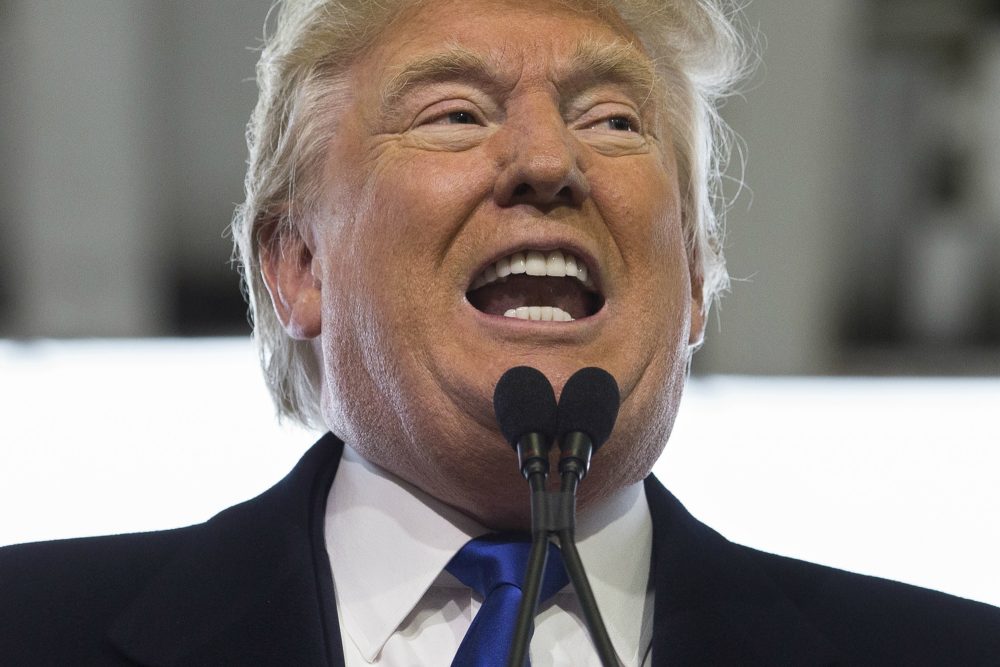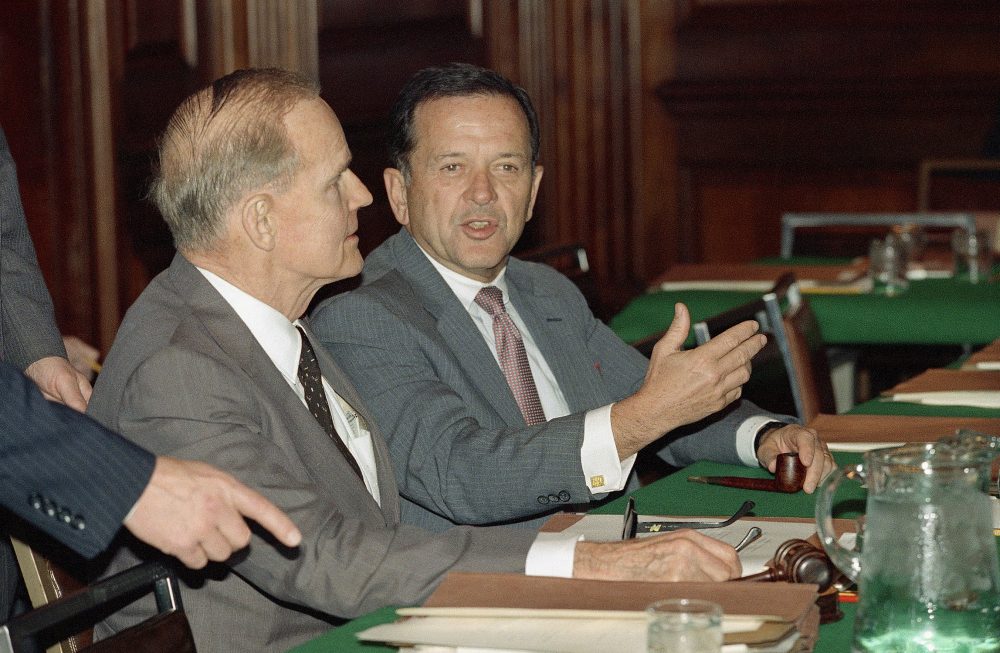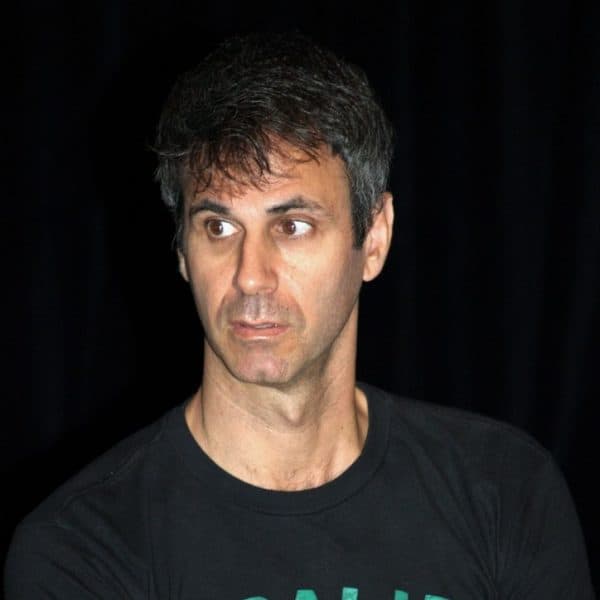Advertisement
Why The Idea Of A Trump Media Empire Is Terrifying

COMMENTARY
As the presidential campaign lurches into its final weeks, Donald Trump has become totally unhinged. Faced with the specter of an electoral humiliation -- at the hands of a woman, no less — the GOP nominee has taken to spouting heated fantasies about rigged elections and international conspiracies.
Nobody should be shocked. Trump’s political ascent took root and was carefully cultivated in the hothouse of the alt-right media. These are the folks who, until Trump, thrived in the shadows of the broader conservative media.
If Fox News trumpets Republican talking points and phony populist outrage, alt-right yakkers deal in pure uncut racial propaganda. They’re the folks who believe Barack Obama is a Muslim terrorist, that Japanese internment camps were a good idea, and that freeing the slaves was a mistake.
Those who believe that Trump will go quietly, if defeated, are fooling themselves. He is more likely to monetize his millions of supporters by turning them into viewers...
What the 2016 campaign has revealed, more than anything, is the prevalence of such views within the Republican Party.
Trump’s core supporters — the ones who powered him to his stunning primary victory — were the sorts of voters who are not just uninformed but misinformed.
Simply put: they believe in a set of “facts” that are demonstrably false. The more they’re assailed for these beliefs, the more devout their conviction in them becomes. Like the nominee they worship, they don’t back down. They double down.
The question is: How did we get here? To a place where a significant minority of the American electorate is impervious to moral logic, rational cognition and scientific fact?
A large part of the answer, it turns out, resides in a relatively obscure ruling made during the Reagan Revolution. In 1987, the Federal Communication Commission repealed what is known as the Fairness Doctrine, which required that radio and TV stations devote “a reasonable amount of broadcast time to the discussion of controversial issues,” and that they did so “fairly, in order to afford reasonable opportunity for opposing viewpoints.”
This all sounds pretty basic, right? The whole idea was to make sure mass media outlets didn’t deal in propaganda.
But the abolition of the Fairness Doctrine spurred a revolution in talk radio. Why? Because for-profit demagogues such as Rush Limbaugh quickly figured out that there was a huge, untapped market in propaganda.

Unshackled from the restraints of reasonable debate, they began to devote themselves to feverish partisan incitement. The point of their programs wasn’t to assess the state of the world from a conservative vantage point. It was to create a fictional version of the world in which the listeners (predominantly angry white men) were portrayed as constantly under siege by liberals, feminists, minorities, immigrants, etc.
This sort of rhetoric was hardly new in America, as the historian Richard Hofstadter noted in his seminal 1964 essay, “The Paranoid Style in American Politics."
Drawing on a series of dark episodes in our national history, Hofstadter described a type recognizable to anyone familiar with the rantings found on the AM dial: “The paranoid spokesman sees the fate of conspiracy in apocalyptic terms … He is always manning the barricades of civilization.”
Trump was able to take over the conservative movement because, for the past three decades, its most prominent voices have been making a fortune peddling such hysterical ideation to its base.
This is precisely why the folks who attend Trump rallies are now openly fantasizing about an armed rebellion if Hillary Clinton is elected. Because in the echo chamber constructed by and for them, fraud is the only way their cause can lose.
What American democracy lost with the repeal of the Fairness Doctrine was a basic standard of decency regarding our political discourse.
Those who believe that Trump will go quietly, if defeated, are fooling themselves. He is more likely to monetize his millions of supporters by turning them into viewers of a new media empire wholly dedicated to the aggrieved agitprop he spews at campaign rallies.
What American democracy lost with the repeal of the Fairness Doctrine was a basic standard of decency regarding our political discourse. The news and opinion industry was privatized, with calamitous results.
It may not be a hot issue on the campaign trail, but Hillary Clinton, if elected, should fight to reinstate some form of Fairness Doctrine.
Members of the conservative media love to whine about how reinstating the Fairness Doctrine would quell free speech.
But the Fairness Doctrine would not stop the Limbaughs (or Trumps) of the world from launching their invective. It would simply subject their rants to a reality check. Fantasies would be countered by facts, insinuation answered by information. At long last, ad hominem would have to accede to actual debate, which is the essence of free speech.
